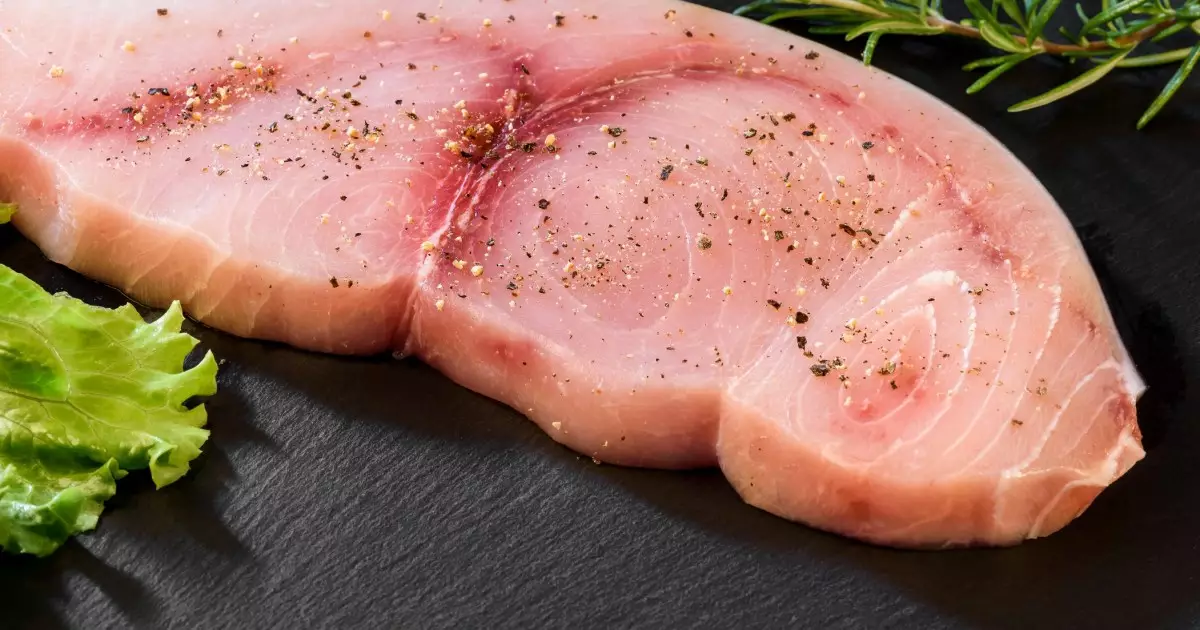When it comes to sharing our culinary delights with our four-legged friends, caution should always be the guiding principle. A common question many pet owners ask is whether it is safe for dogs to consume swordfish. The resounding answer? No. Despite the deliciousness of swordfish and its intriguing flavor profile for humans, this large fish poses potential health risks for our canine companions. Not only is it not recommended due to its possibility of containing high levels of mercury, but there are also more suitable alternatives available that can keep your dog both healthy and happy.
Understanding Mercury Risks
Swordfish, along with other large fish species like tuna, tends to accumulate mercury and other heavy metals over time, primarily due to their longer lifespans. This environmental toxin poses significant health threats to dogs, leading to severe health issues and impairments. While the body can often manage small amounts of toxins, regular exposure, or large quantities, can become a recipe for disaster. Owners must be attentive not just to the immediate gratification of feeding their pets an enticing morsel, but also to long-term health implications.
Alternatives to Swordfish
Fortunately, there is a plethora of fish species that are not only safer but also nutritious for dogs. Options such as salmon, sardines, or herring are excellent choices. These smaller fish varieties tend to be lower in mercury and are loaded with beneficial Omega-3 fatty acids, which can contribute to improved coat health, cognitive function, and overall vitality in dogs. Therefore, if you’re considering adding fish to your dog’s diet, it is prudent to choose these safer alternatives rather than opting for swordfish.
What to Do If Your Dog Eats Swordfish
In the event that your dog manages to sneak a bite of swordfish, it is vital to remain calm. A small taste is unlikely to result in immediate harm, but vigilance is important. Monitor your dog for any symptoms: vomiting, diarrhea, or signs of discomfort. If any of these arise, it’s crucial to consult your veterinarian. They will provide guidance on managing any potential health risks associated with the unexpected treat. For dogs that may have consumed a larger portion of swordfish, veterinary consultation is even more critical, as they may require further assessment to safeguard their well-being.
Consulting with Your Vet
Ultimately, when it comes to dietary decisions for our pets, preventive measures are the key. Always liaise with your veterinarian before introducing any new food items into your dog’s diet, particularly fish varieties known for their higher contaminant levels. Your veterinarian can offer tailored advice based on your dog’s specific health status and nutritional needs. Making informed choices is not just responsible pet ownership; it is an essential aspect of promoting a longer and healthier life for your beloved companion.

